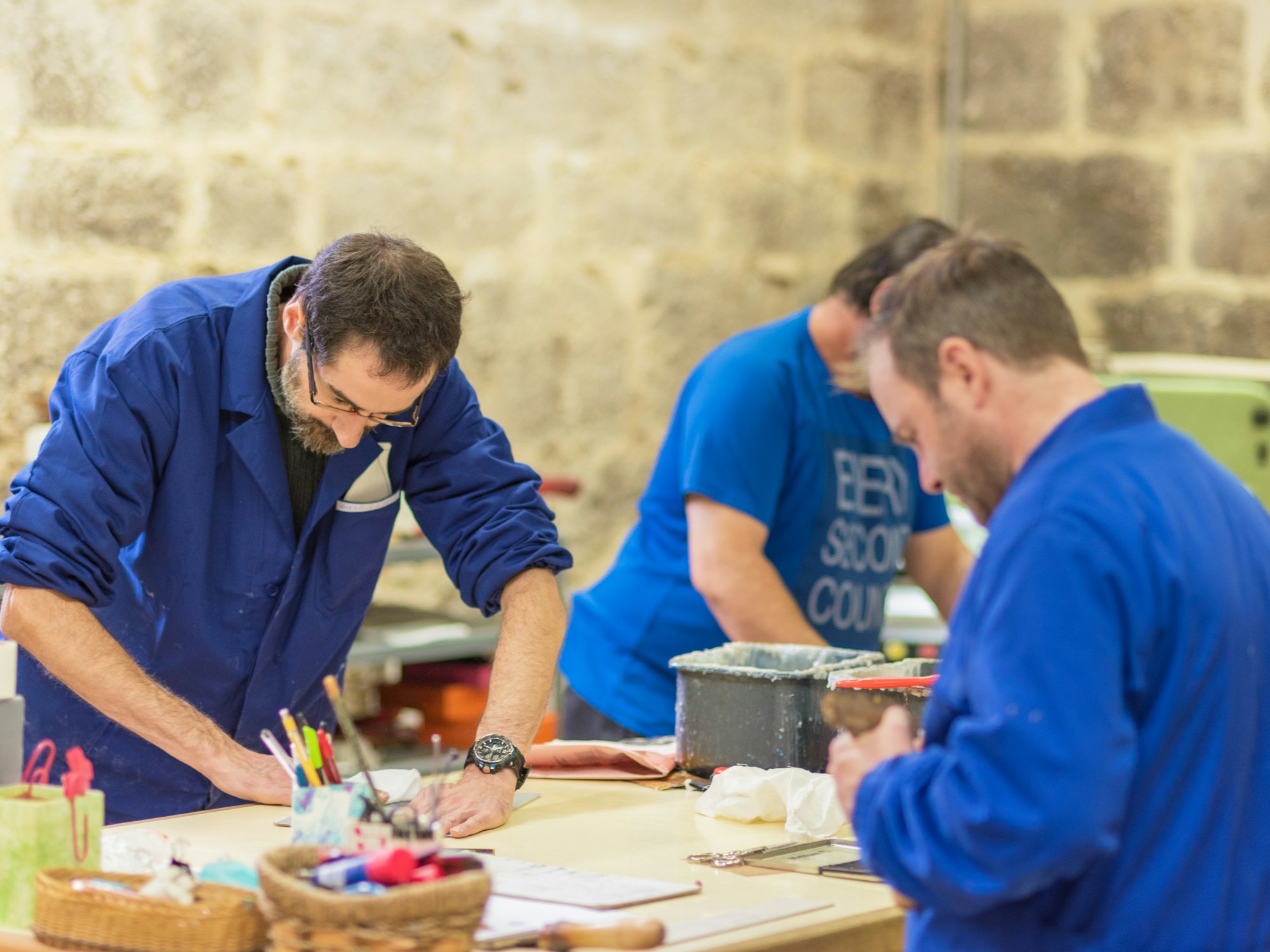Government-funded workplaces putting people with intellectual disability at risk

Disability advocates say that people with an intellectual disability are being put at greater risk of being exposed to COVID-19 while working at Government-funded Australian Disability Enterprises (ADEs).
This statement comes as many Australian businesses have allowed their staff to work from home, while ADEs continue to operate.
ADEs are organisations that receive Government funding to provide supported employment opportunities for people with disabilities.
Last week a worker with an intellectual disability at Western Australian ADE Activ was diagnosed with COVID-19. However, Activ has since reopened with Activ Chief Executive Officer (CEO) Danielle Newport saying, “We continue to monitor all of our services and sites as circumstances around the coronavirus pandemic change”.
“Our employment services sites will remain open and operational for the foreseeable future to provide continuity of support for our many customers who still wish to work.”
Activ is one of many ADE organisations in Australia remaining open during the pandemic. David Moody, CEO of disability peak industry body National Disability Services (NDS) says that, like other businesses in Australia, ADEs are only remaining open if they can ensure the safety of workers.
Mr Moody adds, “[ADEs are open] to the extent that they are able to ensure compliance with social isolation and social distancing guidelines. We are aware of some AEDs who have made the decision not to offer supported employment opportunities during the pandemic. But there are others who have been able to [ensure they are] able to comply with guidelines.
“The principal concern is to make sure that social distancing guidelines are being maintained and that people are adopting appropriate approaches to PPE (Personal Protective Equipment) when it is required.”
Disability advocacy groups expect the number of COVID-19 cases to rise dramatically across Australia if ADEs remain in operation during the COVID-19 pandemic.
Inclusion Australia (IA), the Disability Advocacy Network Australia (DANA) and Women With Disabilities Australia (WWDA) are urging many of Australia’s 600 ADEs to stop putting vulnerable staff at risk, and for the National Disability Insurance Agency (NDIA) to provide an avenue for individual funding support should ADEs temporarily close.
Under the current funding model, if an ADE closes, the worker will lose NDIA funding which may mean they are not able to access extra support while they are not working.
CEO of Inclusion Australia, peak body for people with intellectual disability, Catherine McAlpine says, “This is an incredibly worrying situation for tens of thousands of Australian workers and their families, who are petrified that every day their loved ones go to work they are at a very high risk of contracting COVID-19.
“The 20,000 Australian workers with intellectual disability need every support possible to help them keep safe right now. For many, that simply won’t be possible as they continue to go to work alongside their colleagues and friends in a situation that many cannot fully understand could have dire consequences for their health.”
The organisations are also calling for greater ongoing support to help people with an intellectual disability follow the current health guidelines about social distancing, hand washing and any other measures helping to stop the spread of COVID-19.
According to the advocacy groups, the support needed is not able to be offered in a workplace and that it is better provided at home rather than in a workplace where they are in close contact with other people.
CEO of DANA Mary Mallett says, “It’s time to stop putting Australians with intellectual disability and their families in the firing line of this incredibly contagious – and potentially devastating – virus.”
“The 20,000 Australian workers with intellectual disability need every support possible to help them keep safe right now. For many, that simply won’t be possible as they continue to go to work alongside their colleagues and friends in a situation that many cannot fully understand could have dire consequences for their health.”
You can learn more about COVID-19 and Disability Support by visiting our dedicated information page.
What challenges are you facing during COVID-19? Tell us in the comments below or send an email to [email protected].